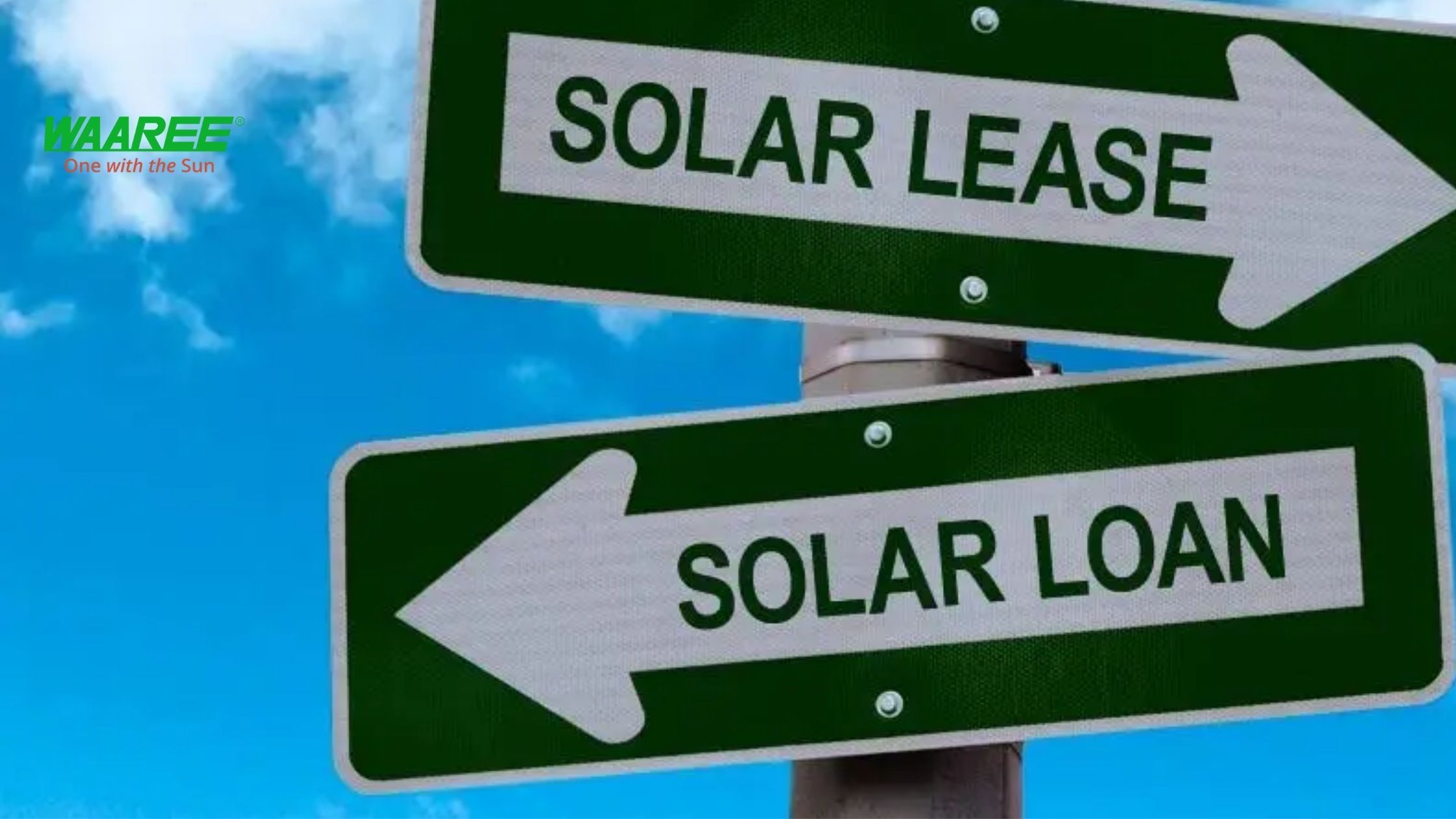
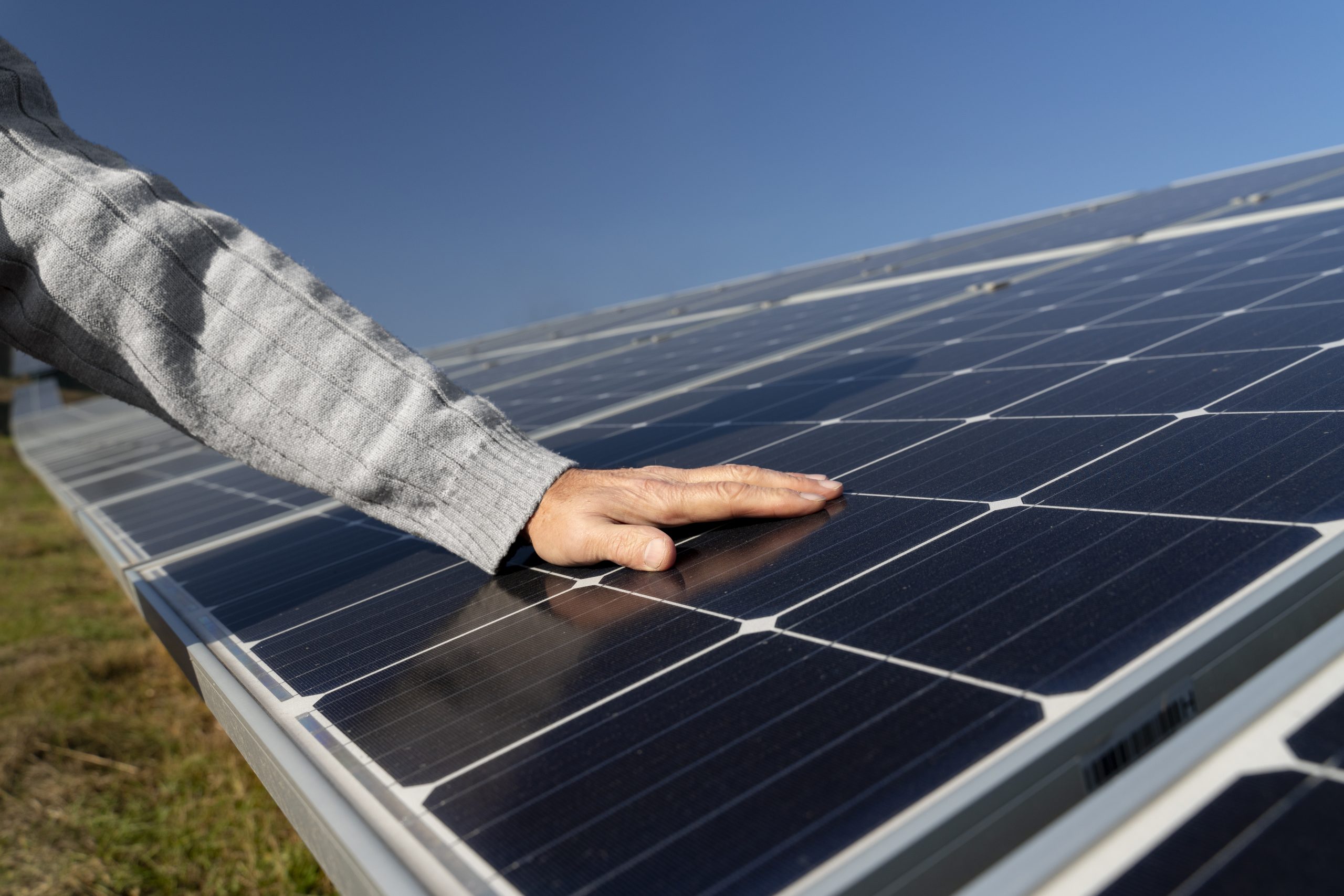


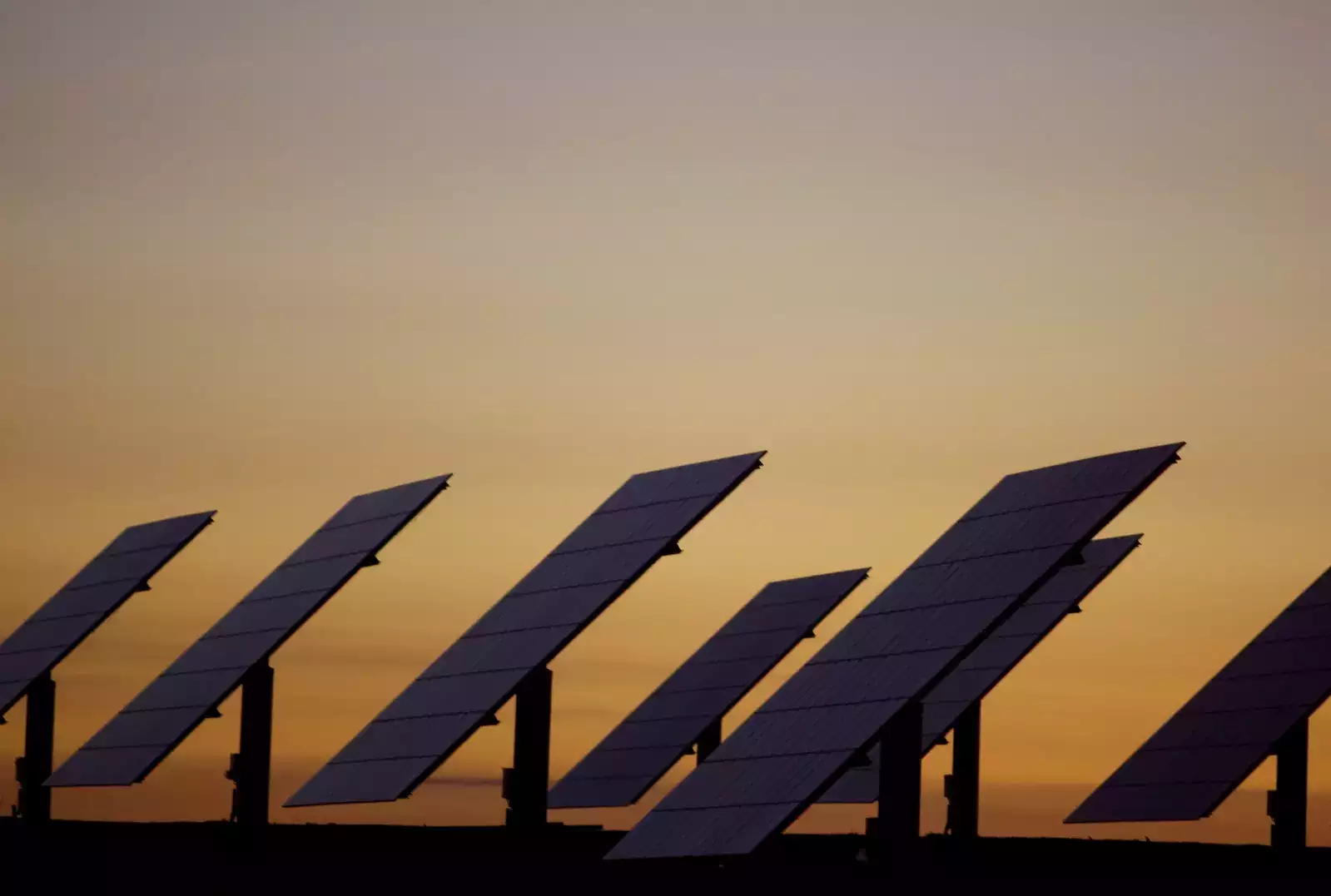
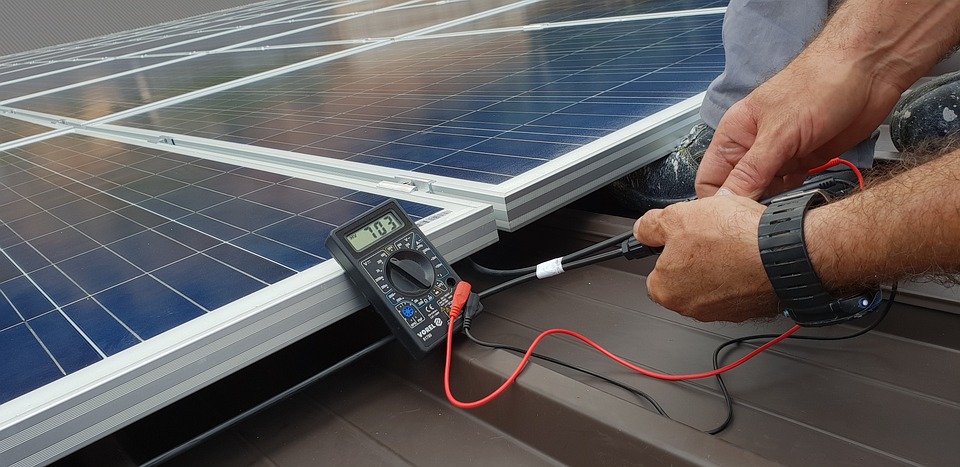
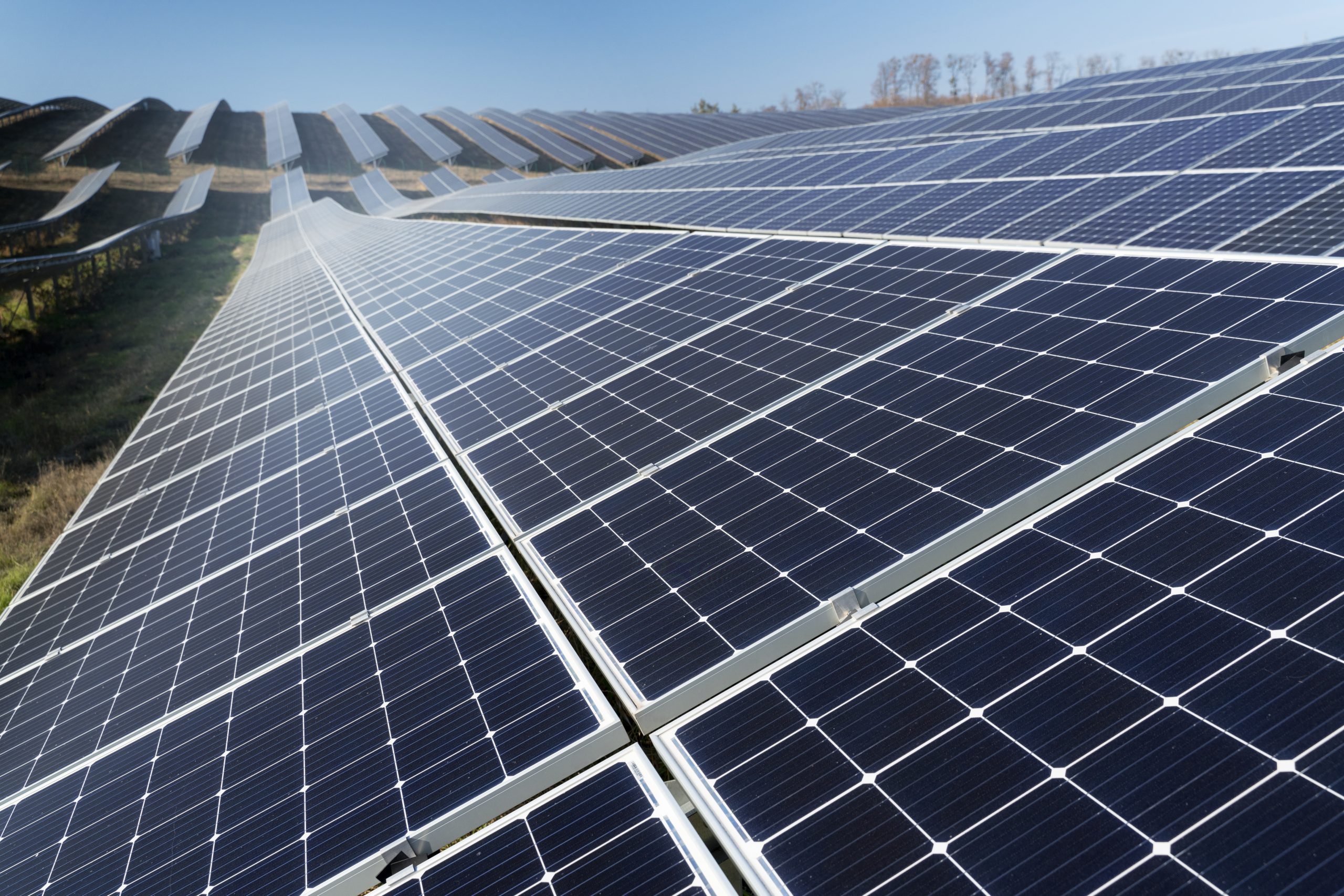
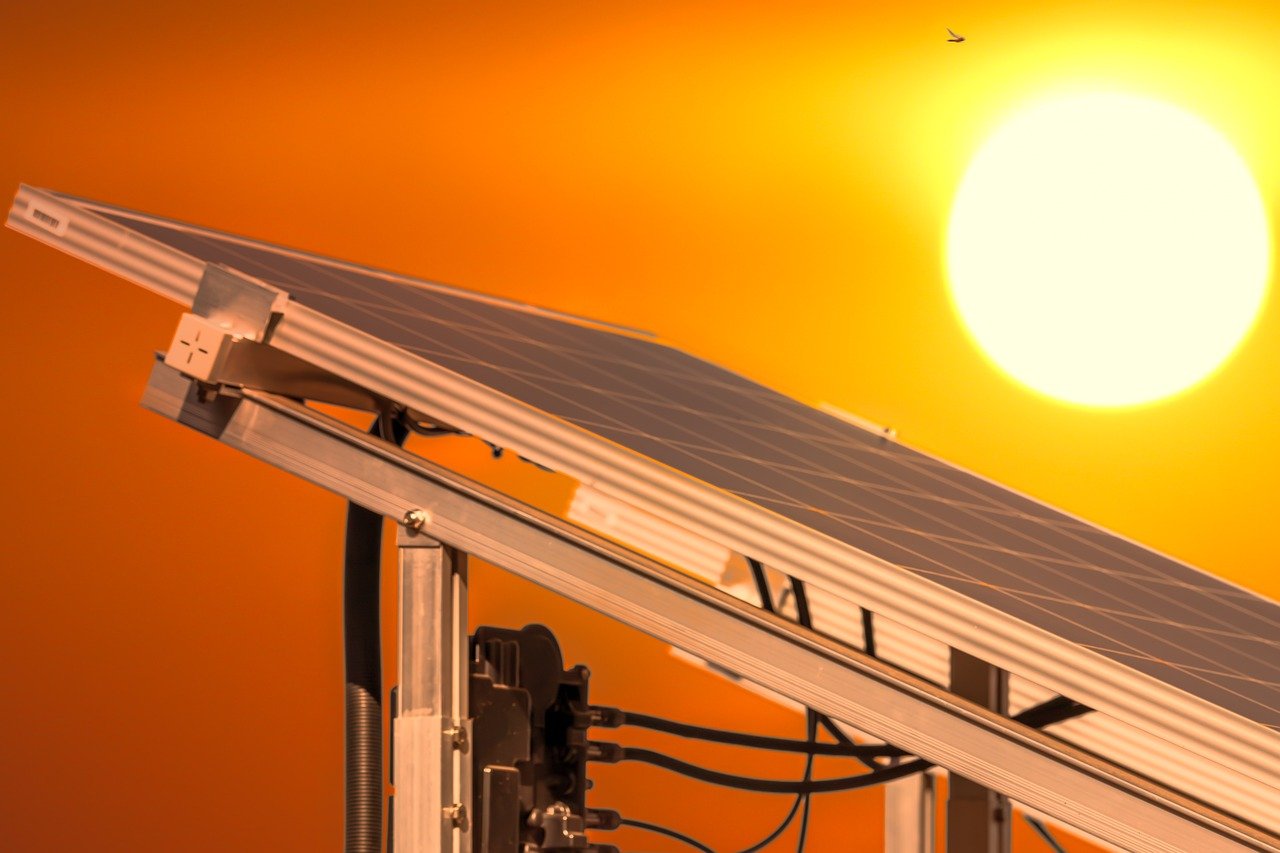
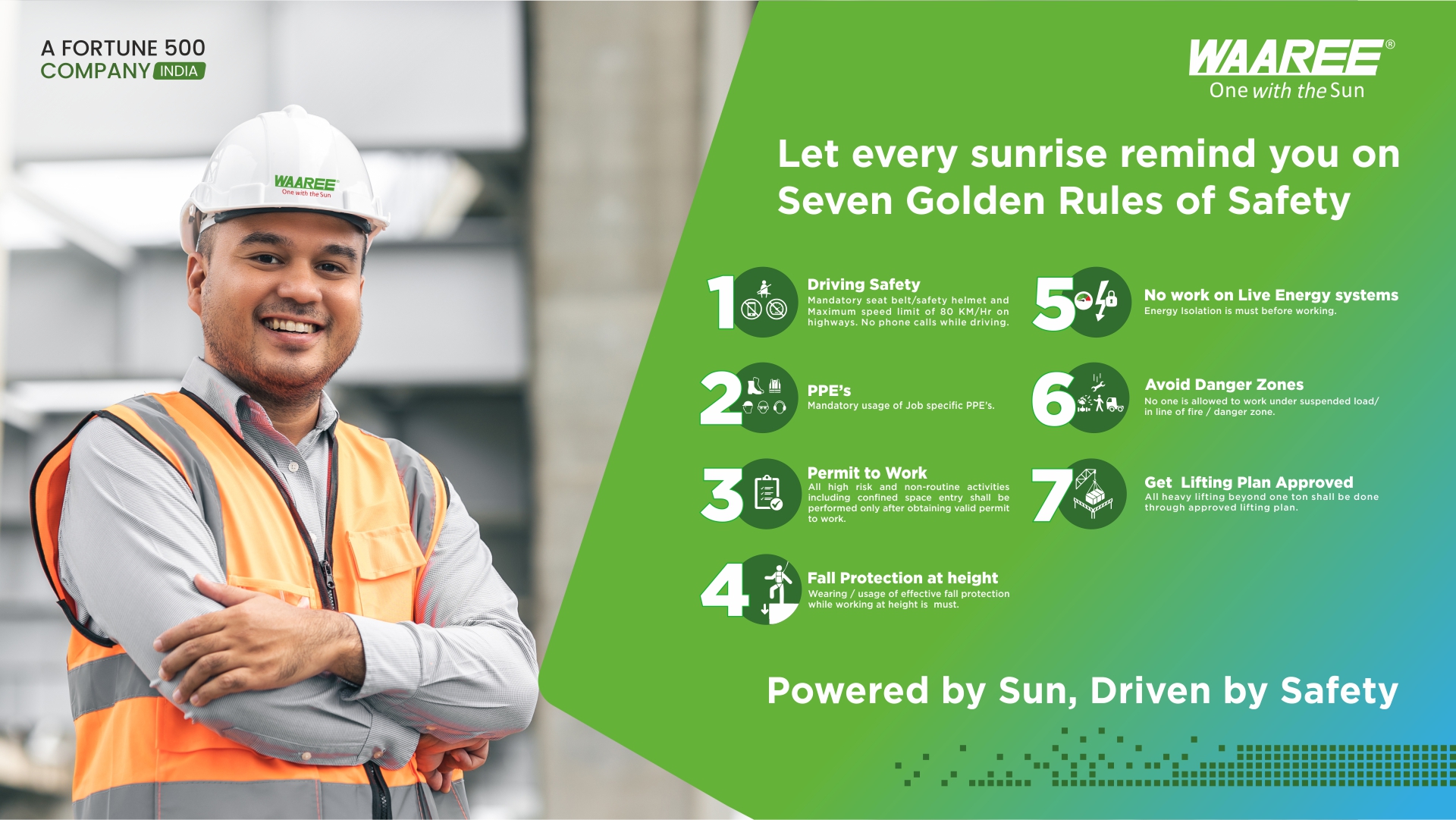
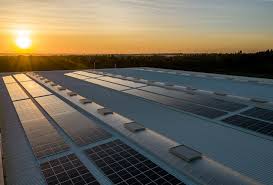
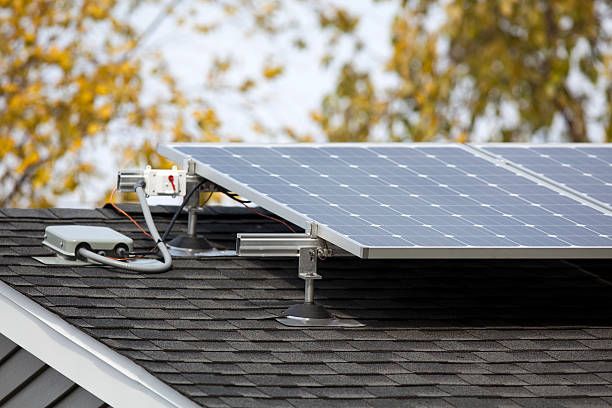
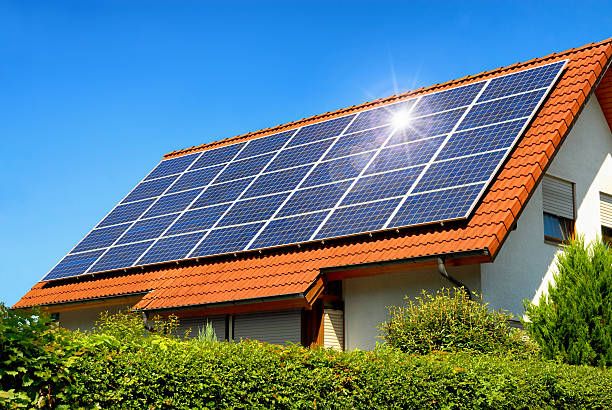
Installing Solar panels at your home or office can present the best long-term value of power when compared to
any other means to obtain energy. While purchasing solar panels provides you with an immeasurable return on your investment, not everyone holds the funds on hand to meet the upfront expenses of going solar.
Fortunately, people nowadays can take advantage of financing alternatives, like getting a solar plant on lease or obtaining a loan for solar plant installation that makes it affordable for them to switch to solar.
Solar lease vs solar financing – Which is better?
The solar industry comes with a variety of innovative funding alternatives. This comprises third-party PPAs (Power Purchase Agreements) leasing and obtaining a loan on the solar plant, which has assisted in taking solar into the mainstream energy industry.
Since the rates of solar panel systems have declined significantly, many people in modern times prefer buying
solar systems either upfront or through financing to obtain the benefits of solar energy. However, according to recent statistics, around 70 to 80 percent of people still prefer getting solar panels on lease.
The significant difference between financing and leasing a solar system is the ownership. If you get a loan for a solar plant purchase, you enjoy the ownership of the system after you repay your loan. However, if you
lease the solar system, you will not be the owner of the solar panel system.
Both leasing and financing solar panels hold their own benefits and drawbacks. Mentioned below are some of the
significant differences between these two.
Whether you take a solar plant on lease or get a loan for your solar plant, you will save funds on your utility bills. However, when comparing solar lease and solar financing, taking out a solar loan or solar financing will provide you with long-term savings than leasing the solar panels because the lock-in period of solar leasing is higher than the finance repayment duration.
Tax credits and perks are other points of distinction in this solar leasing vs. solar financing. When you opt for taking solar panels on a lease, you generally do not receive the advantage of tax exemptions and other perks on the solar investment. This is because even if you have the solar panels installed at your place, you do not hold the ownership. While on the other hand, solar financing provides you with solar ownership that allows you to receive numerous tax benefits and perks.
●Maintenance and return on investment
When it comes to maintaining a solar system, getting a solar panel on lease is more advantageous as you will not have to face any hassles of regular repairs and maintenance as compared to solar financing. However, there is no return on investment when you obtain a solar plant on a lease, whereas you earn a higher return on investments on solar financing.
While it is entirely your call to decide whether you should go for a solar lease or solar financing, however, after looking at the points mentioned above, it is pretty evident that going for solar financing can provide you with more advantages and a great return on investments.
We are grateful for having such loyal audience reading our blogs on a regular basis. Hopefully, Waaree has been of great help to you for taking decisions regarding Going Solar.